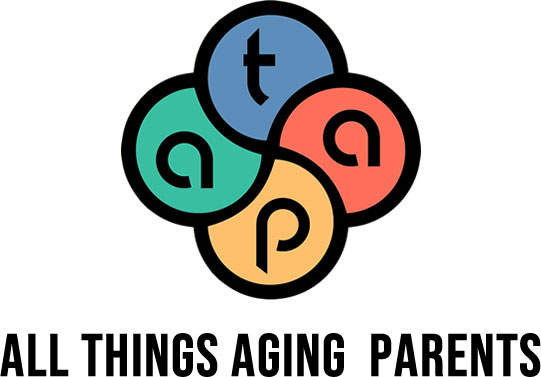We hope your parents have already thought through what they want to happen to their possessions when they pass away, but that doesn’t always happen. Here are some helpful tools to consider with your parents. Determining the best option can be a daunting task for those of us who are not lawyers. One of the best investments that can be made into the future of your parents is to seek out a lawyer that specializes in Senior/Elder Law. (Find a lawyer near you.)
Last Will and Testament: In this document, your parents state their last wishes. Its main purpose is to give instructions about what to do with their assets (possessions) after death. It is read by a county court after your parent’s death, and the court makes sure that his/her final wishes are carried out in a process called “probate.” The assets covered in a will include cash in a checking or savings account, personal possessions (such as watches, jewelry, household furniture, etc), or property. Assets excluded from probate include revocable living trusts, irrevocable trusts, and any assets left to a beneficiary. (See the section below on beneficiaries.)
The will should name an executor who can settle the estate and carry out the wishes expressed in the last will and testament. Basically, the executor finds and gathers the assets, pays creditors, pays income and estate taxes, and distributes assets to the designated recipients upon completion of the probate process.
If a person does not have a will or other directions to distribute his/her assets after their death, the state makes the determination of how the assets are distributed. (It is a myth that the state government will inherit the probate assets if there is no will.) They usually will distribute everything to family members (surviving spouse or children) – each state has its own system to decide. However, if you have an alternative or blended family the state’s determination might not reflect your wishes. It is especially helpful for someone with a non-traditional family to put their desires into a legal document.


Beneficiaries: It is important to know that assigning an asset to a beneficiary, like life insurance, retirement plan accounts, and some bank accounts, takes precedence over anything stated in a will. We strongly advise that your parents review all beneficiary designations periodically to be sure they name the person they want. Discovering that a former spouse receives a large sum of money could raise a lot of discord, but there is not much that can be done once the person has died.
Legal Trusts: Preparing a will is a great start to manage asset distribution after your parents’ death. Many families are turning to trusts to better plan their parents’ estates. Depending on the size and complexity of your parents’ assets (possessions), a trust may be the best course for a family to protect and manage these assets.
A trust is a legal structure created when an individual (the grantor, or trustor) transfers ownership of his/her personal assets to the trust and appoints a trustee to manage those assets. The one who receives the benefit of those assets is the beneficiary. The trustee has power over the assets and must use them to the advantage and for the best interests of the beneficiary. Unlike a will, trusts allow for an easy transition in the event of your parent’s incapacity. It keeps things more private and avoids the process of court-appointed guardianship.
As the name implies, a revocable trust can be changed or revoked at any time by the person who created it (the grantor). During the grantor’s lifetime, (s)he controls the trust’s assets and, as beneficiary, receives its income. After his/her death, the trust works like the instructions in a will to distribute the assets according to his/her wishes. A revocable living trust is not included in probate; probate only includes assets that are not titled in the name of the trust. Upon the death of the grantor, the trust becomes irrevocable.
By itself, a revocable living trust does not protect estates against creditors. It might not provide any special estate tax savings, and it does not remove assets in the trust from the grantor’s estate for the purpose of qualifying for Medicaid.
An irrevocable trust cannot be changed or revoked once it is created without the beneficiary’s permission, and generally only with court action. The grantor generally gives up all of his/her rights of ownership to the assets and the trust, basically removing all of those assets from his/her estate. Irrevocable trusts are commonly used to reduce estate taxes or to remove assets from a grantor’s estate for Medicaid planning purposes. Once the grantor places an asset in the trust, it is a gift to the trust and the grantor cannot revoke it.
Because an irrevocable trust removes assets from the grantor’s ownership, it may affect their eligibility for Medicaid benefits for long term care. Great care must be taken in this, however, because Medicaid has a five-year “look back” period for eligibility. Always work with a legal professional in establishing an irrevocable trust.



















